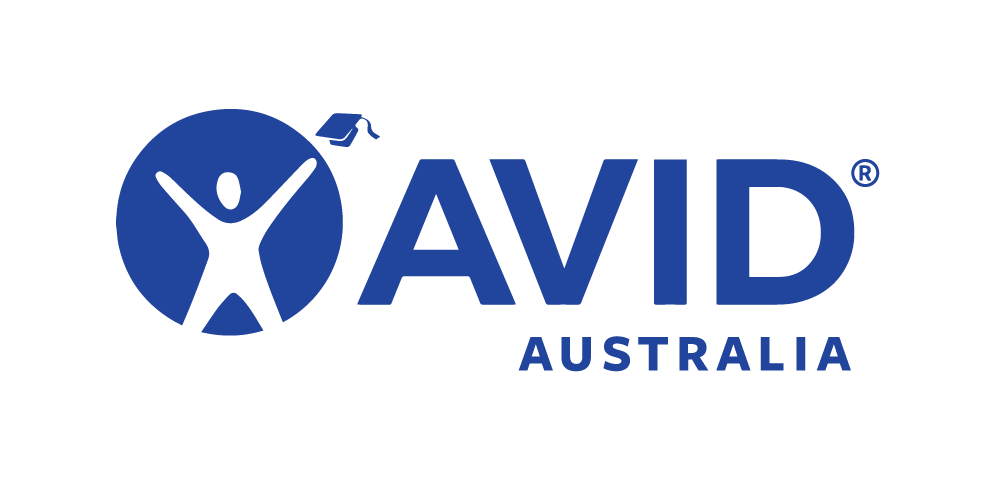Term 1
Unit of Study: Year 9 – History
The Year 9 curriculum provides a study of the history of the making of the modern world from 1750 to 1918. It was a period of industrialisation and rapid change in the ways people lived, worked and thought. It was an era of nationalism and imperialism, and the colonisation of Australia was part of the expansion of European power. The period culminated in World War I 1914-1918, the ‘war to end all wars’.
Key Focus Questions:
- What were the changing features of the movements of people from 1750 to 1918?
- How did new ideas and technological developments contribute to change in this period?
- What was the origin, development, significance and long-term impact of imperialism in this period?
- What was the significance of World War I?
Term 2
Unit of Study: Year 9 – Citizenship and Civics
The Year 9 curriculum builds students’ understanding of Australia’s political system and how it enables change. Students examine the ways political parties, interest groups, media and individuals influence government and decision making processes. They investigate the features and principles of Australia’s court system, including its role in applying and interpreting Australian law. Students also examine global connectedness and how this is shaping contemporary Australian society.
Key Focus Questions:
- What influences shape the operation of Australia’s political system?
- How does Australia’s court system work in support of a democratic and just society?
- How do citizens participate in an interconnected world?
Term 3
Unit of Study:
Year 9 – Geography
There are two units of study in the Year 9 curriculum for Geography:
Biomes and food security focuses on investigating the role of the biotic environment and its role in food and fibre production. This unit examines the biomes of the world, their alteration and significance as a source of food and fibre, and the environmental challenges and constraints on expanding food production in the future.
Geographies of interconnections focuses on investigating how people, through their choices and actions, are connected to places throughout the world in a wide variety of ways, and how these connections help to make and change places and their environments.
Key Focus Questions:
- What are the causes and consequences of change in places and environments and how can this change be managed?
- What are the future implications of changes to places and environments?
- Why are interconnections and interdependencies important for the future of places and environments?
Term 4
Unit of Study: Year 9 – Economics and Business
The Year 9 curriculum gives students the opportunity to further develop their understanding of economics and business concepts by exploring the interactions within the global economy. Students are introduced to the concept of an ‘economy’ and explore what it means for Australia to be part of the Asia region and the global economy. They consider the interdependence of participants in the global economy, including the implications of decisions made by individuals, businesses and governments. The responsibilities of participants operating in a global workplace are also considered.
Key Focus Questions:
- How do participants in the global economy interact?
- What strategies can be used to manage financial risks and rewards?
- How does creating a competitive advantage benefit business?
- What are the responsibilities of participants in the workplace and why are these important?












